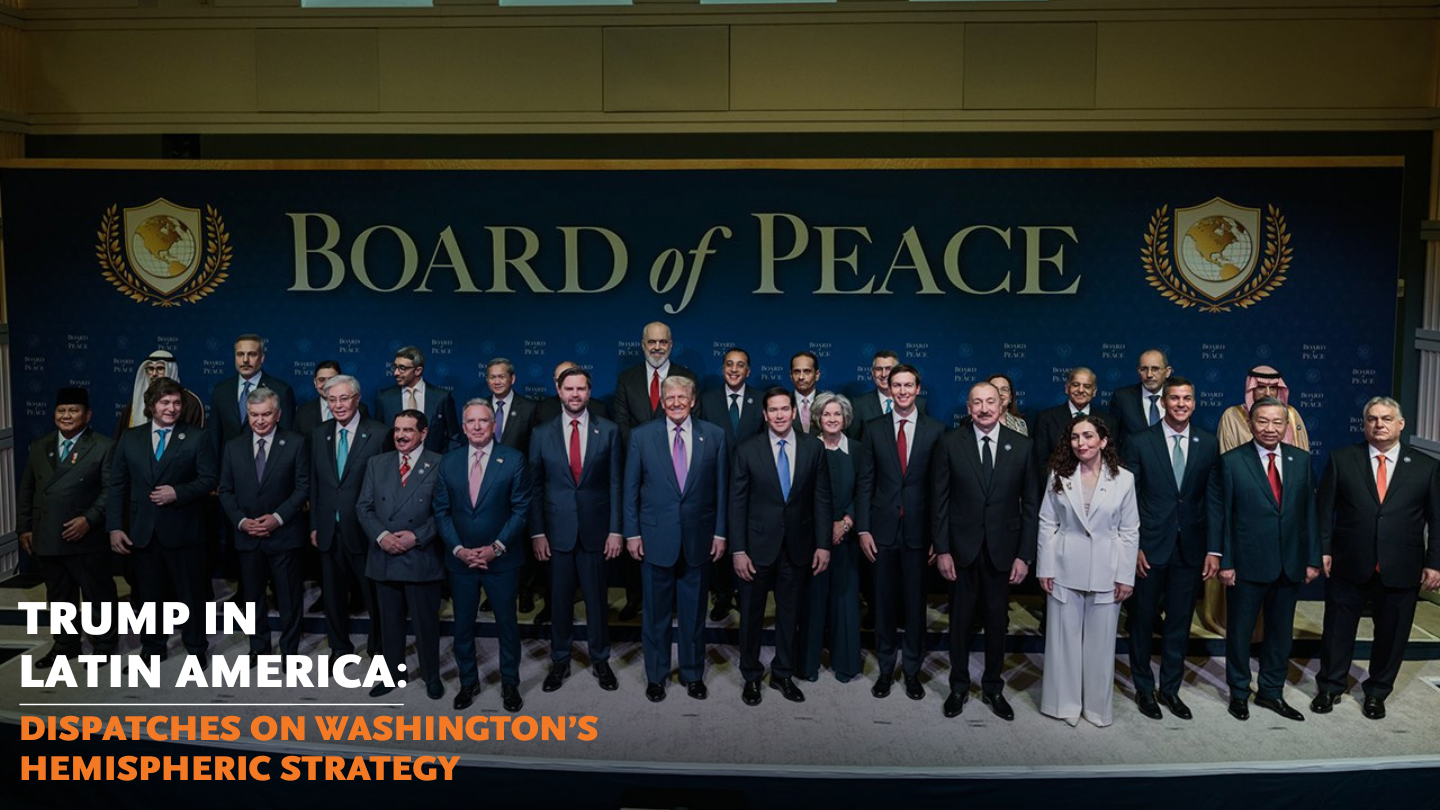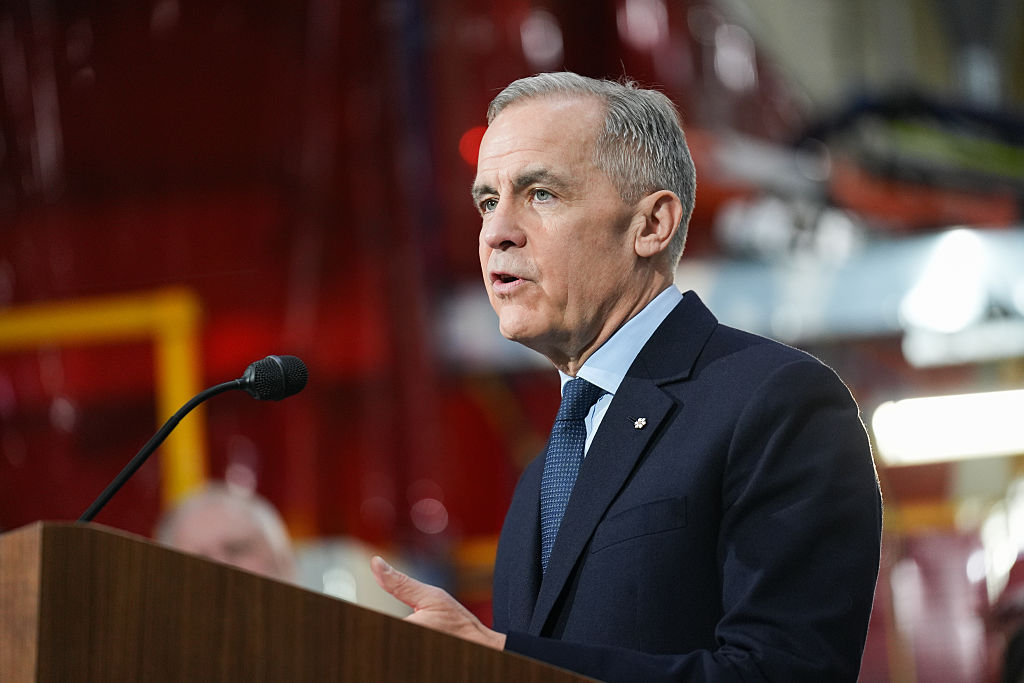Rethinking Latin America
Rethinking Latin America
U.S. regionalists need a reminder that development doesn't end politics and that contemporary Latin America has its own power dynamics, writes AS/COA's Christopher Sabatini in the March/April 2012 issue of Foreign Affairs.
Running down the list of the U.S. State Department's Latin America policy objectives in El País in September 2010, the economist Moisés Naím noted that they focused almost exclusively on domestic concerns: building democratic institutions, promoting local social and economic opportunity, and so forth. These issues were not only given a higher priority in policy toward Latin America than they were for other regions, but they were also issues largely beyond Washington's ability to control.
Naím was correct, but the point can be taken further. The focus on politics within Latin American states rather than on relations between them is characteristic not simply of the State Department but also of the Latin American regional studies community in the United States more generally, from where the U.S. policy and advocacy community absorbs much of its personnel and intellectual orientation. Such attitudes have harmed U.S. policy by focusing excessive attention on small countries with little geostrategic influence and fostering the facile notion that political and economic liberalization are the necessary and sufficient criteria for the advancement of all major U.S. interests. This approach has distorted Washington's calculations of regional politics and hampered its ability to counter outside influences and deal sensibly with rising regional powers.
U.S. scholars and policymakers need a reminder that development does not mean the end of politics and that twenty-first-century Latin America has its own, autonomous power dynamics. A little realism would go a long way.
THAT '80S SHOW
When it comes to Latin America, for decades U.S. universities and regional studies centers have focused almost exclusively on matters of comparative politics and political and economic development. In the 1970s and 1980s, the last time scholars paid much attention to the region's international relations, their chief concern was the workings and implications of U.S. hegemony. The issue facing both scholars and policymakers today, however, is what happens as U.S. power declines and new forces in the region emerge, and unfortunately, when it comes to these questions, there is little intellectual capital on which to draw...








